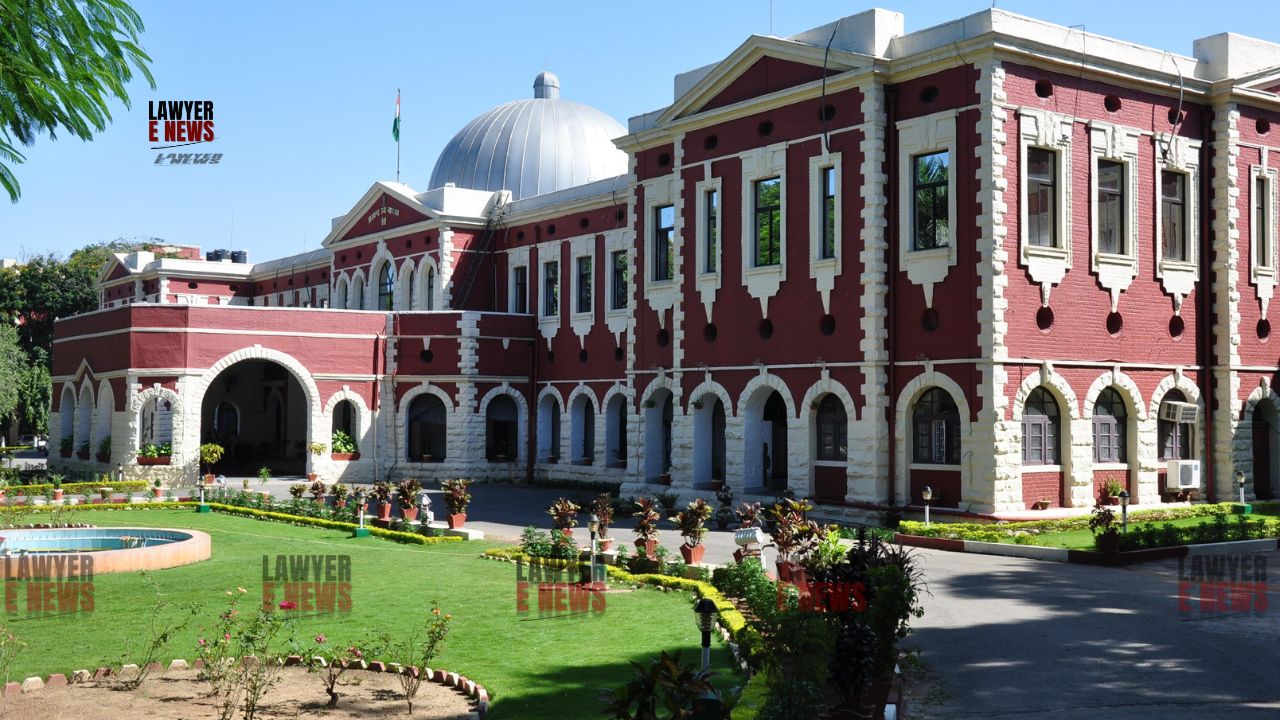-
by Admin
15 February 2026 5:35 AM



High Court upholds conviction under Sections 7 and 13(2) r/w 13(1)(d) of the Prevention of Corruption Act, 1988, modifies sentence from two years to one year citing prolonged trial and appellant’s age. In a recent judgment, the High Court of Jharkhand at Ranchi partially allowed the criminal appeal of Ajit Kumar Tigga, upholding his conviction for corruption but reducing his sentence from two years to one year. The decision, delivered by Hon’ble Justice Subhash Chand on July 9, 2024, takes into account the prolonged trial duration and the appellant’s age, while emphasizing the integrity of the initial findings and the importance of fighting corruption.
Ajit Kumar Tigga, a clerk in the BSNL office in Dhanbad, was accused of demanding and accepting a bribe of Rs. 2000 to expedite the processing of a telephone PCO booth application. The complaint was lodged by Mrityunjay Kumar Singh, who subsequently collaborated with the CBI in a trap operation that caught Tigga red-handed.
The court underscored the meticulous procedures followed during the trap operation, particularly the use of phenolphthalein powder and sodium carbonate solution to prove the acceptance of the bribe. Multiple witnesses, including CBI officers and independent observers, corroborated the recovery of the tainted money from Tigga.
Despite attempts by the defense to argue that Tigga was on leave during the incident, testimonies from several witnesses, including BSNL staff, confirmed his presence and participation in the bribe transaction. The court noted that these consistent testimonies reinforced the reliability of the evidence against Tigga.
Justice Subhash Chand reiterated the established legal principles concerning corruption cases, highlighting the necessity of proving both the demand and acceptance of illegal gratification. The court referenced the Supreme Court’s rulings in Neeraj Dutta v. State (NCT of Delhi) and K. Shanthamma v. State of Telangana, which emphasize that mere acceptance of a bribe without proof of demand does not suffice for a conviction under Sections 7 and 13 of the Prevention of Corruption Act, 1988.
“The prosecution has successfully demonstrated both the demand and acceptance of illegal gratification by the appellant, as corroborated by reliable witness testimonies and procedural compliance during the trap operation,” noted Justice Subhash Chand. “However, considering the prolonged trial period of over 23 years and the appellant’s age of 65 years, a reduction in the sentence is warranted.”
The High Court’s decision to uphold Ajit Kumar Tigga’s conviction while reducing his sentence underscores the judiciary’s commitment to tackling corruption while recognizing mitigating circumstances. This judgment reinforces the legal framework against corruption and highlights the need for efficient judicial processes. Tigga has been directed to surrender to serve the remainder of his modified sentence, with his bail bonds canceled.
Date of Decision: July 9, 2024
Ajit Kumar Tigga @ Ajit Tigga vs. The State of Jharkhand
